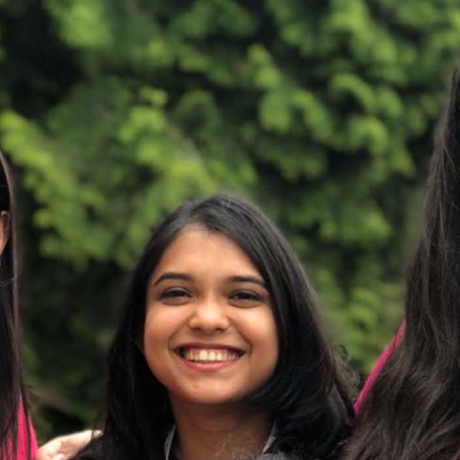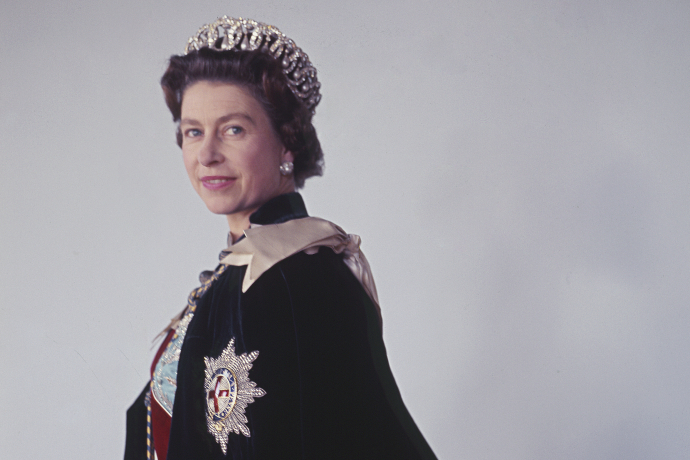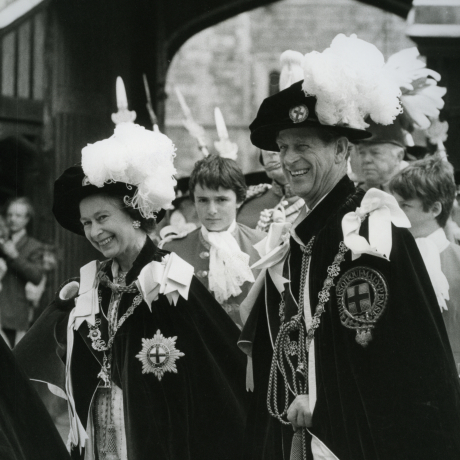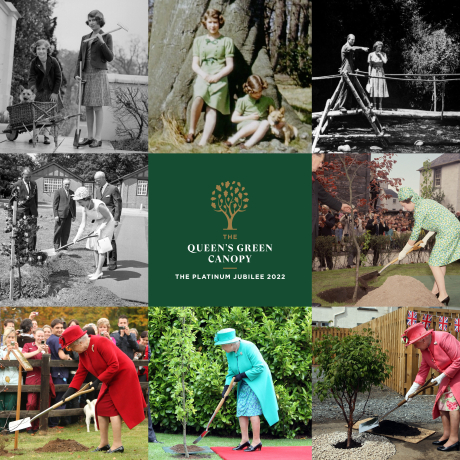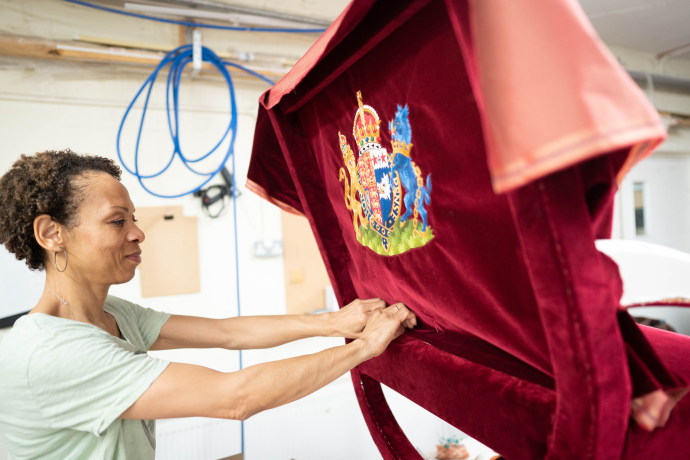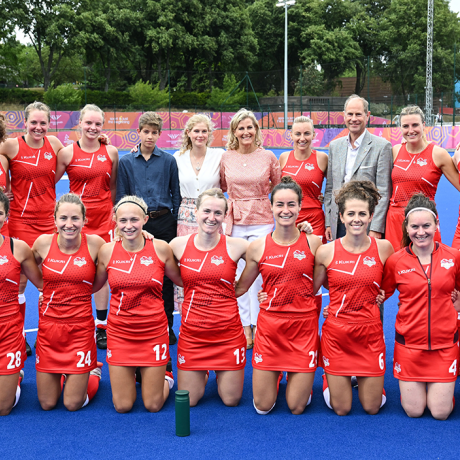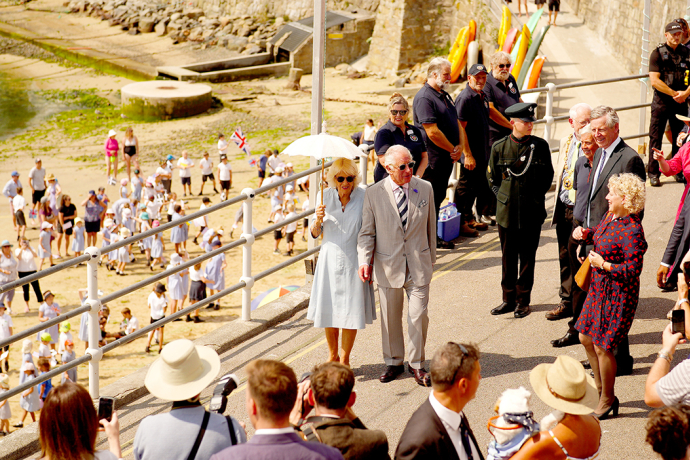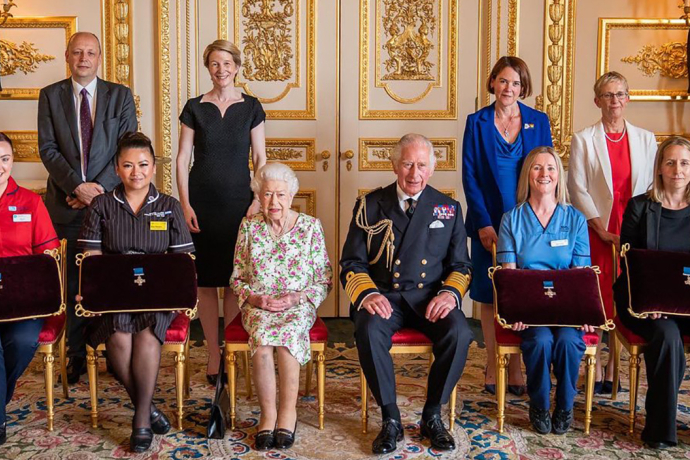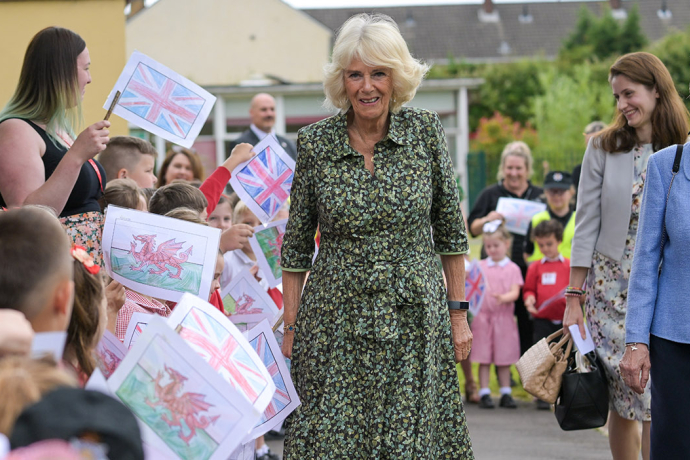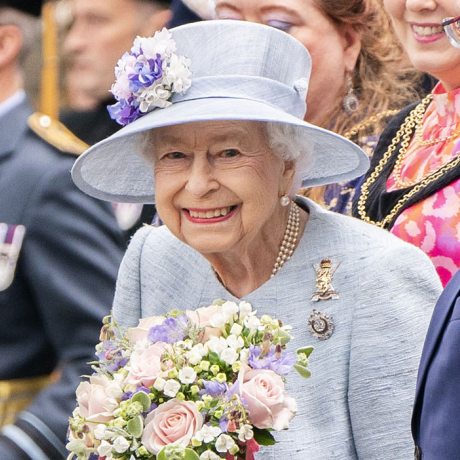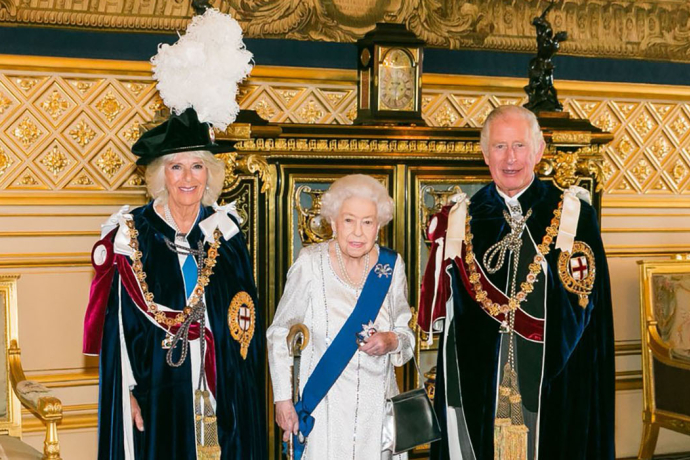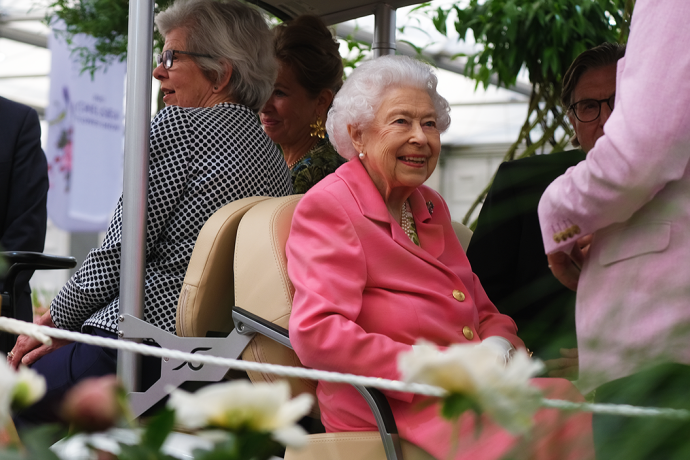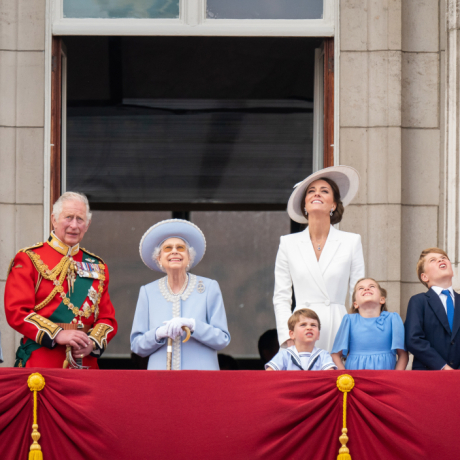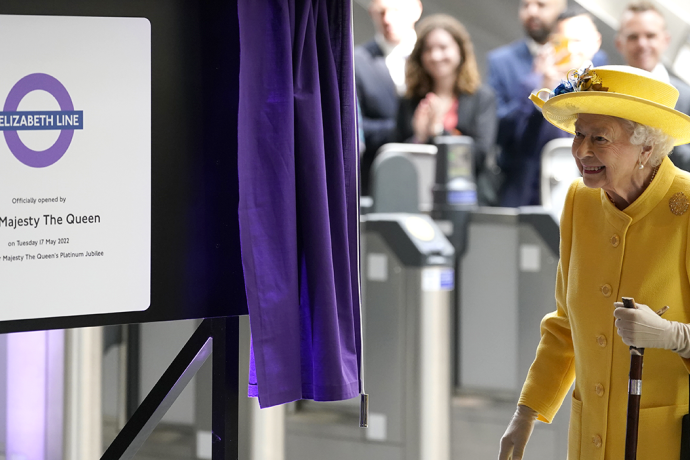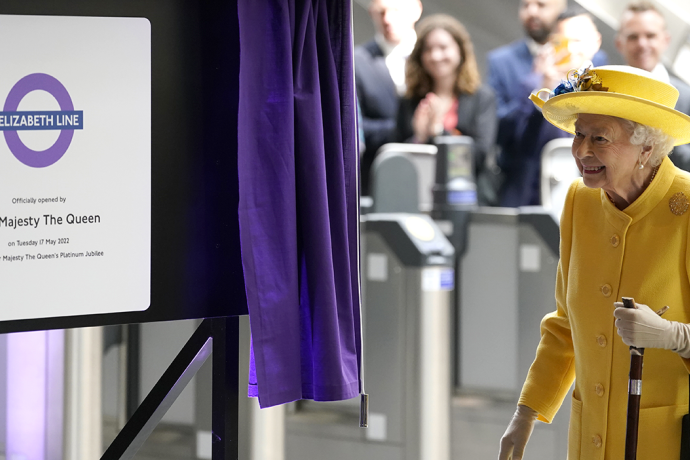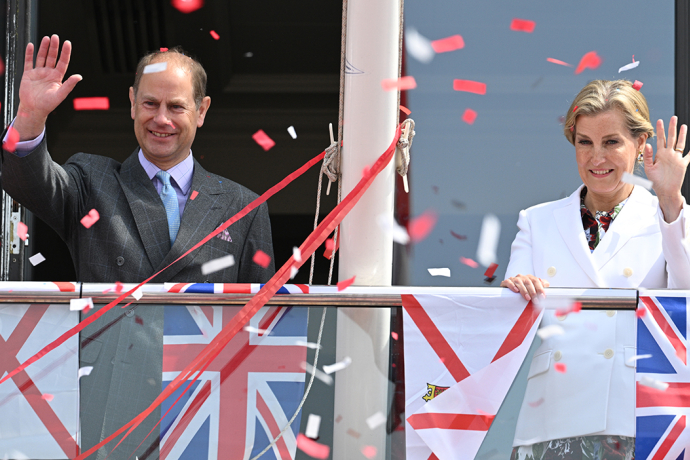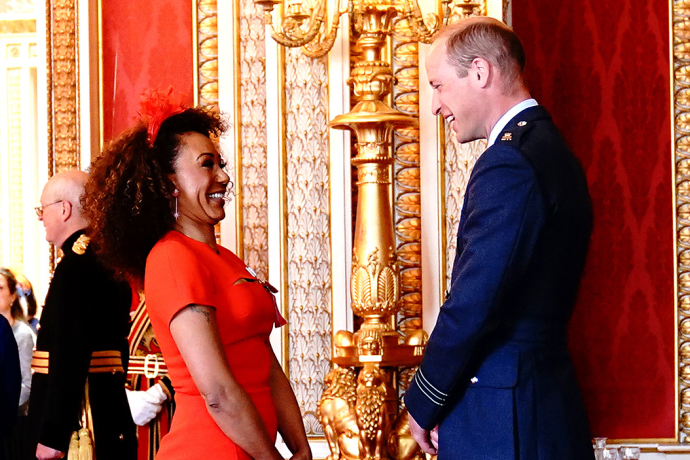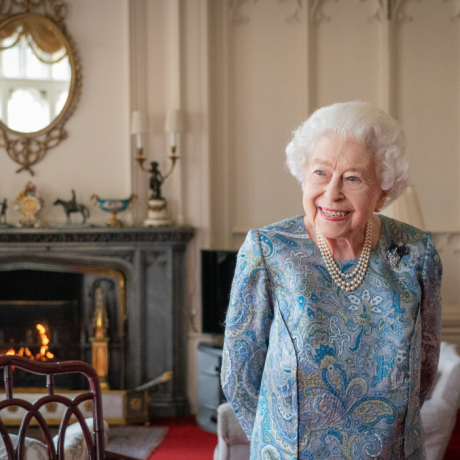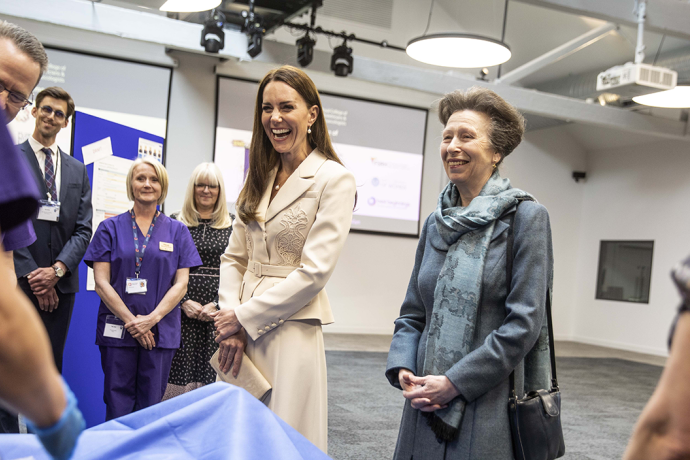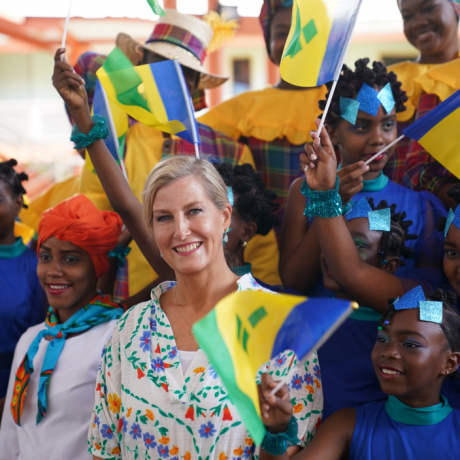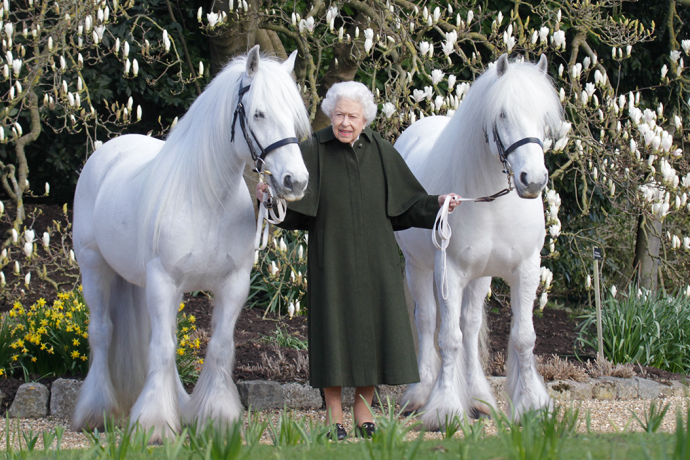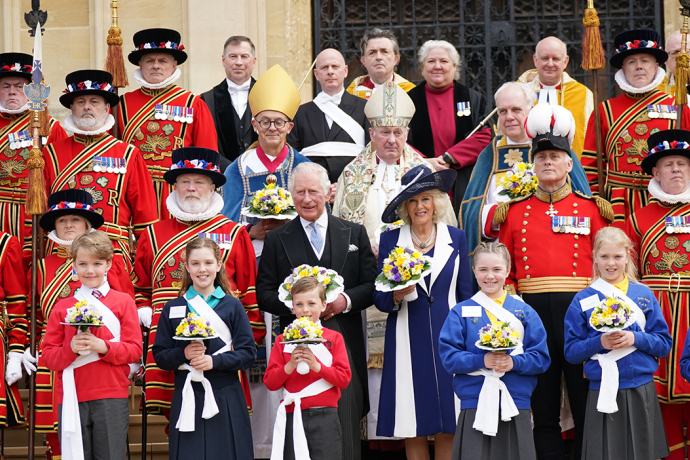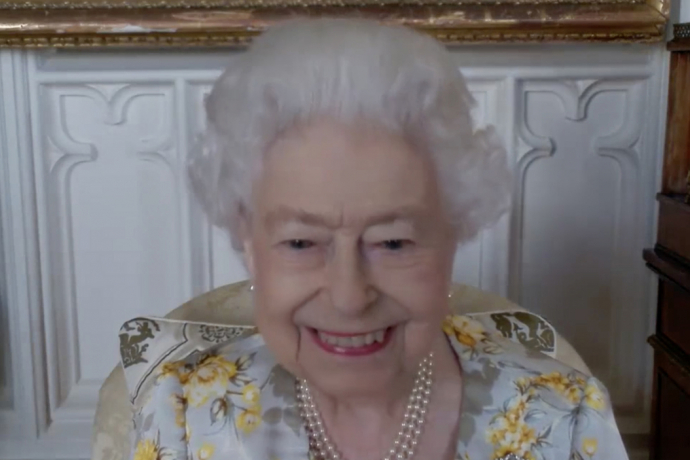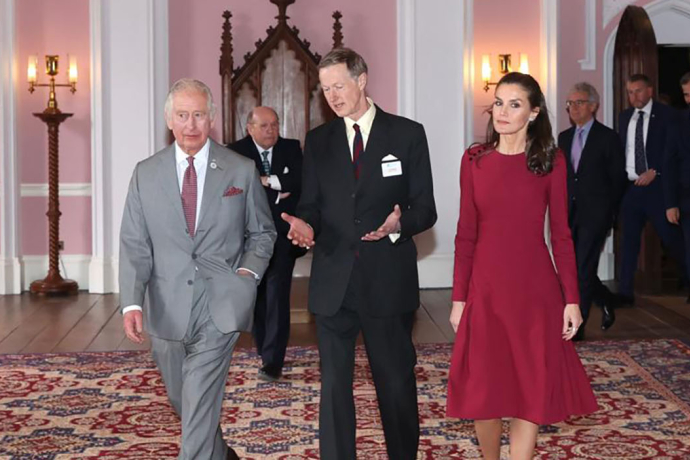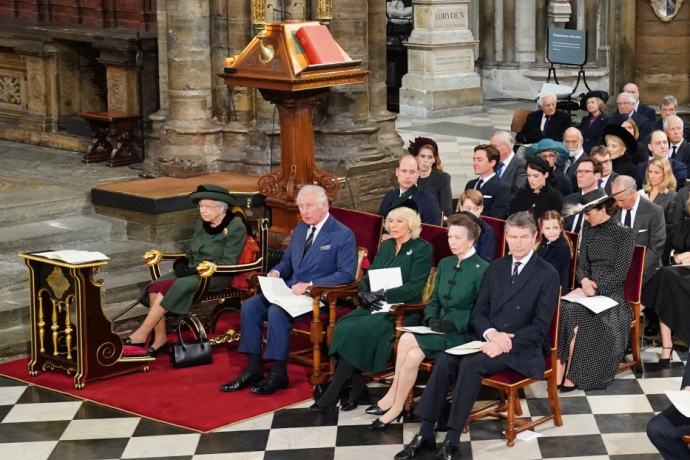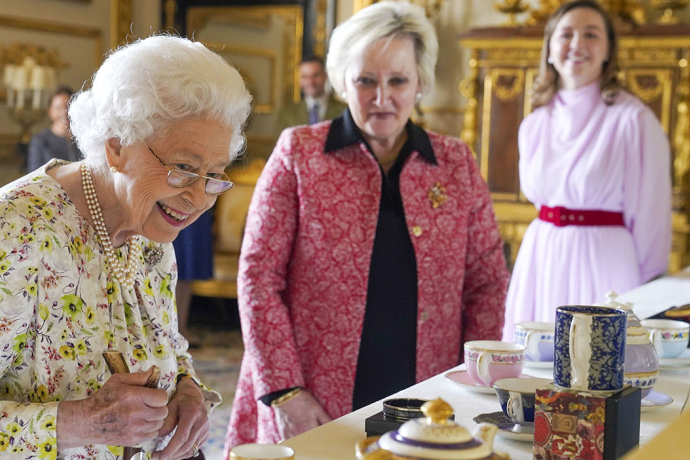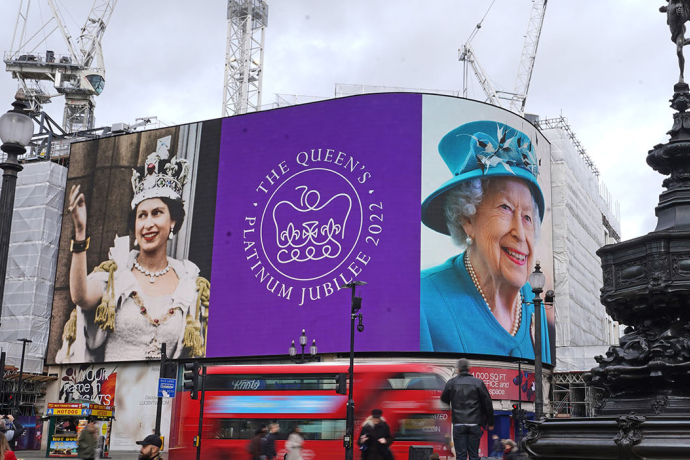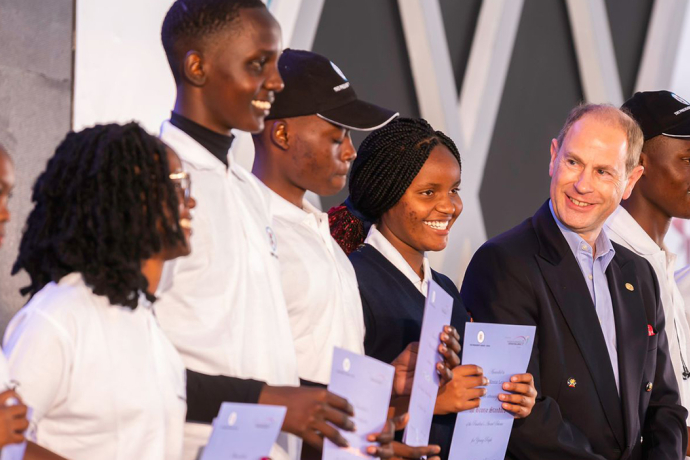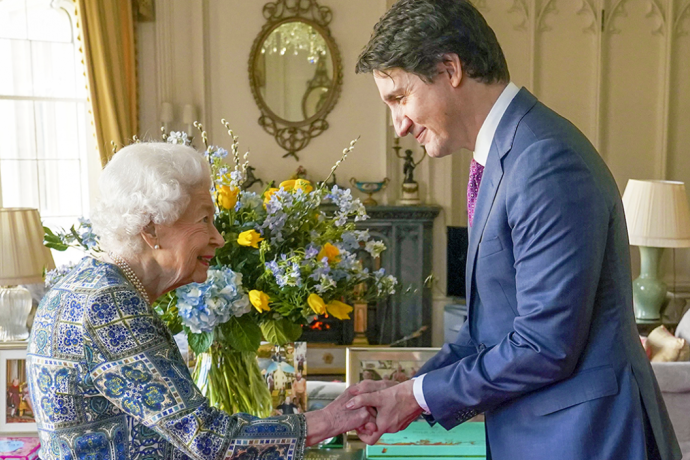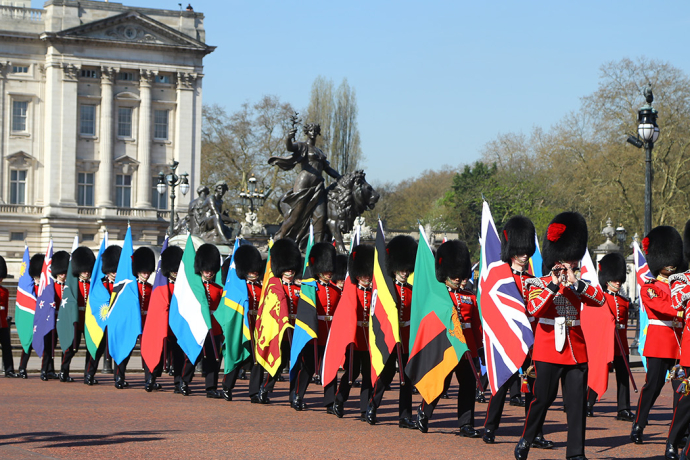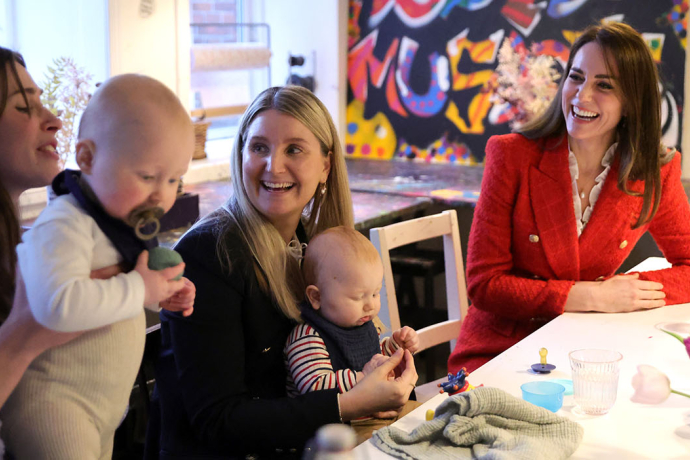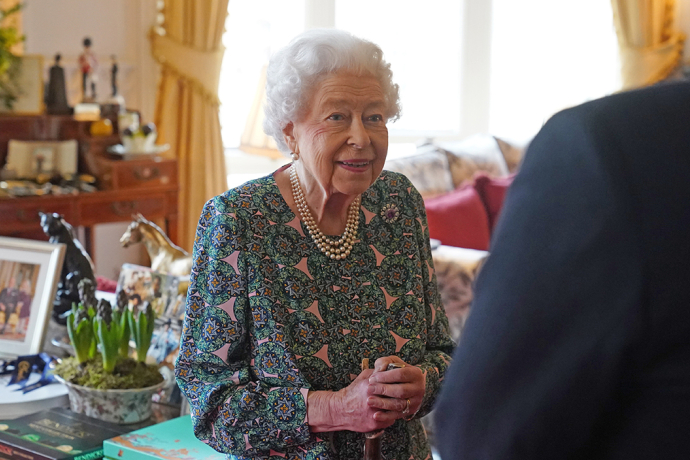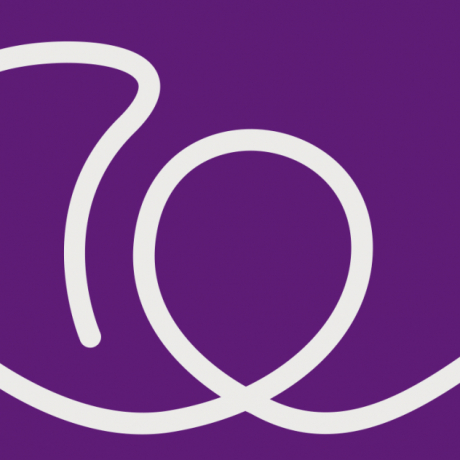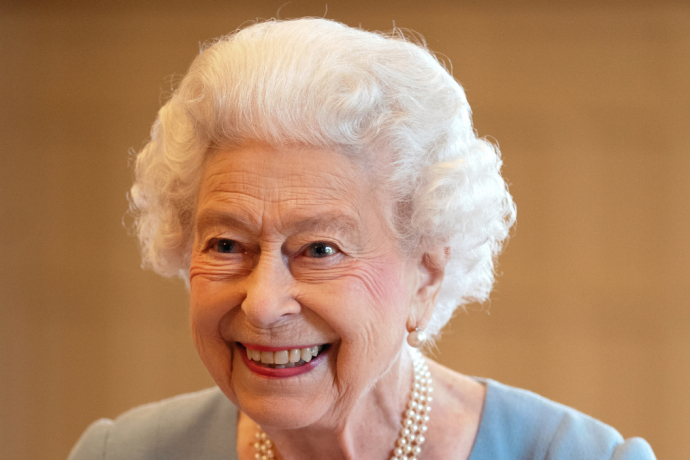The Queen’s Young Leader Award recognises exceptional young people from across the Commonwealth who are doing great work in their communities. Winners have received a unique package of training, mentoring and networking, as well as being presented with their award by The Queen at Buckingham Palace. Here, we profile Queen’s Young Leaders who are helping women and girls around the world with their unique skills and enthusiasm.
Karrie from the Solomon Islands
In 2010, Karrie Jionisi helped to form a group called Girls for Change, which supports unemployed girls and single mothers, helping them learn new skills so that they can find employment.
Karrie has been working on a project called Back to School to support early school leavers to continue their education.
She is a board member of the Honiara Youth Council. She also mentors a group of young people at a programme called Youth@Work and goes into high schools and community youth groups in Honiara to give inspirational talks.
Alexia from New Zealand
Alexia Hilbertidouis the founder and CEO of GirlBoss NZ, which is inspiring and enabling women in New Zealand to become leaders in the fields of science, technology, engineering and maths (STEM), leadership and entrepreneurship.
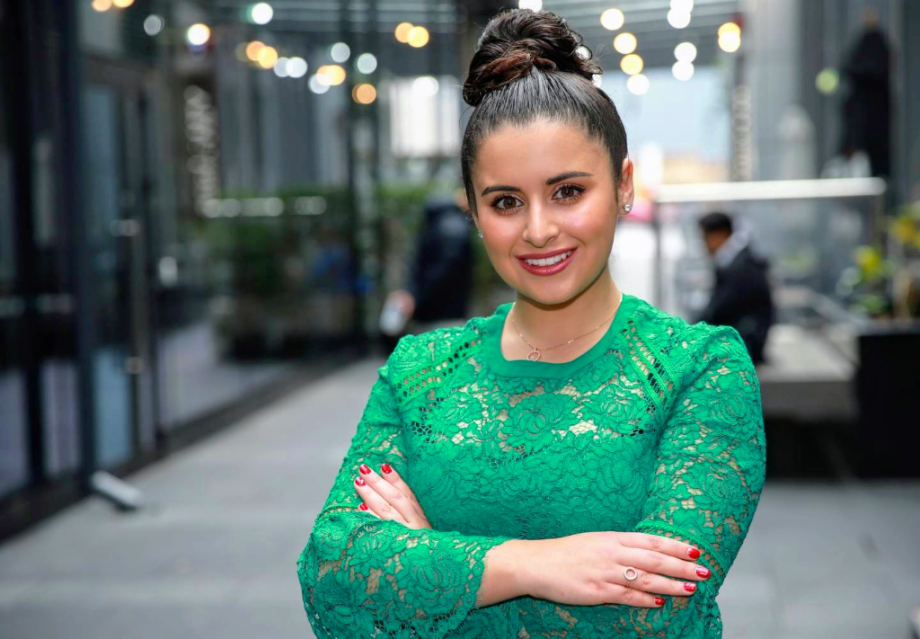
Her mission is to tackle three factors limiting women’s career opportunities in traditionally male-dominated spheres: too few role models; misconceptions of difficulty; and a lack of other women to provide peer support. GirlBoss addresses these issues through conferences, workshops, monthly newsletters and a mentoring network.
My mission is to get women to the table - the boardroom table that is, and I believe the decisions made while young are crucial in paving the way.
Since launching the organisation, Alexia has led three GirlBoss Leadership Conferences, attended by 450 high school students, and reached 20,000 New Zealanders through school visits, corporate events and government agencies. GirlBoss now has 8,000 members and 2,200 GirlBoss Ambassadors across New Zealand.
Ishita from Canada
Ishita Aggarwal is improving the lives of marginalised and impoverished women in Canada. She is the founder of Mom’s The Word (MTW), a non-profit organisation that hosts free prenatal workshops for pregnant women who have a low income or who are homeless, have ill-health, illiteracy, maternal poverty and infant morbidity. Doctors and counsellors refer participants to MTW, and women who complete the programme receive food stamps, milk coupons, bus tokens and/or prenatal vitamins in return.
Being a Queen's Young Leader has ... further fuelled my desire to empower women and make a meaningful impact on my community.
Since its inception in 2016, MTW has raised $100,000 and hosted more than 60 workshops for 750 women. Staff also run monthly Safe Sex Talks, which have reached more than 93,000 people.
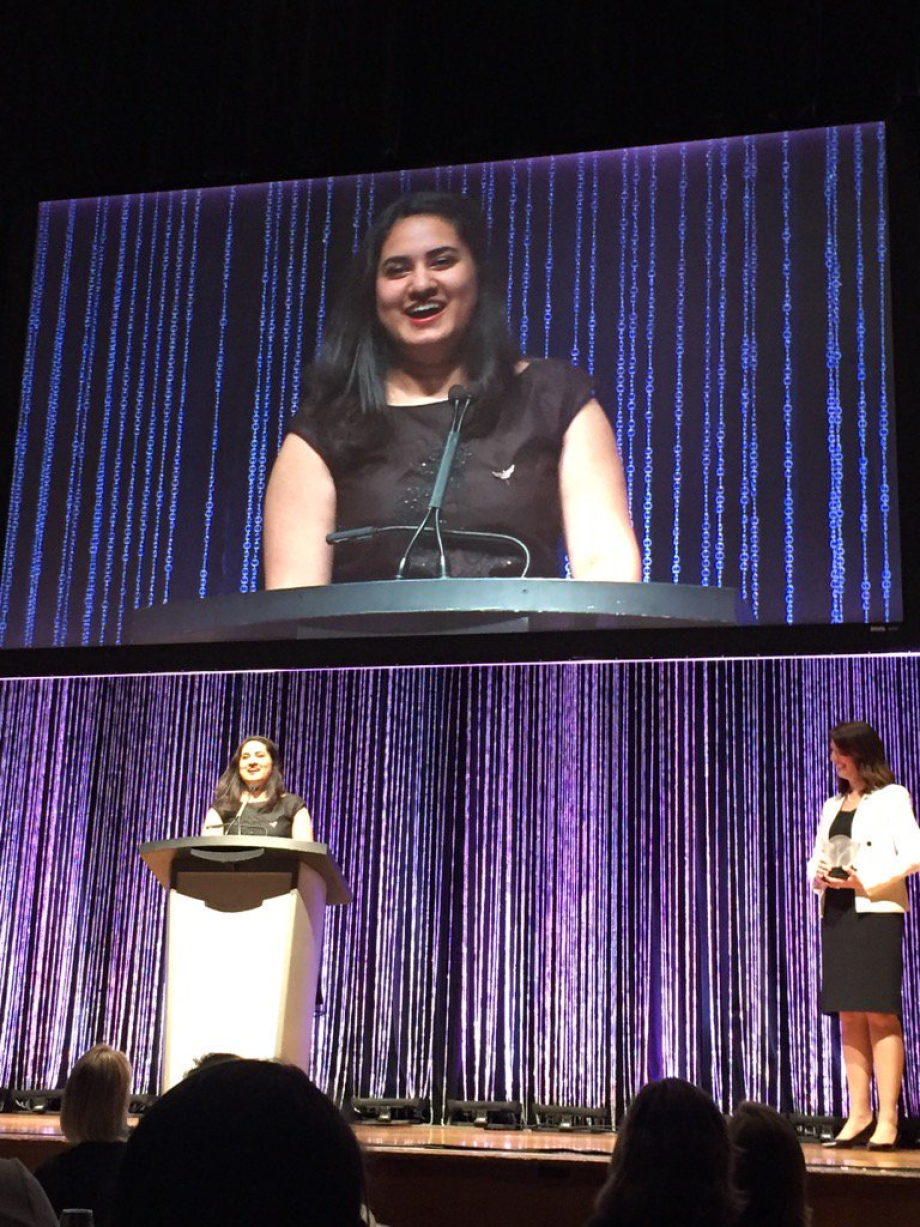
In addition, Ishita and her team have launched Pro-Bono Healers (PBH), a service which links sexual abuse and rape victims with obstetrician gynaecologists and therapists. To date, PBH has helped over 215 girls and women access services including HIV and sexually transmitted disease testing, birth control and counselling.
Firhaana from Barbados
Firhaana Bulbulia is the founder of the Barbados Association of Muslim Ladies. She launched a project called Breaking Barriers which aimed to overcome cultural and social barriers that some girls face in accessing education and gaining employment.
The project’s campaigns include Educate Girls, which holds fundraising events to offer financial assistance to girls who want to pursue a tertiary education, and assisting girls with attaining the prerequisites for attending college and university.
Young women like myself can and are making a positive and impactful contribution to social change, regardless of the challenges, circumstances and scrutiny we face.
Firhaana and her team have designed and facilitated a career seminar and showcase uniquely for Muslim females. They have assisted 50 Muslim girls through this programme by providing a space for them to acquire information on post-secondary educational and professional opportunities both in Barbados and internationally. To provide ongoing assistance after the seminar and showcase, they started a mentorship programme where girls can seek educational and career guidance from other women in their field of interest.
Priscilla from Rwanda
Priscilla Ruzibuka is an entrepreneur who helps women gain employment. She has created Ki-pepeo Kids Clothing project, a children’s clothing line, which employs women from underprivileged communities.
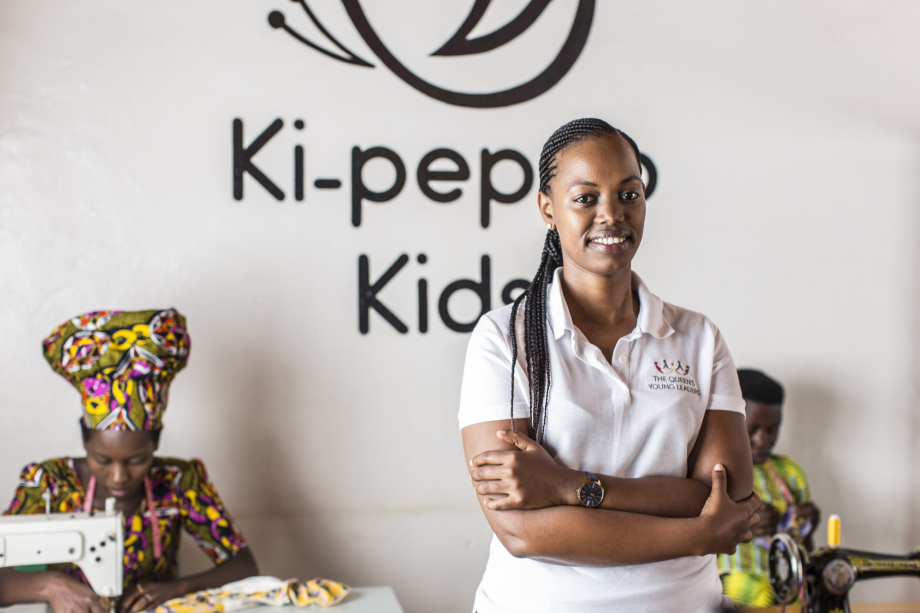
Priscilla trains them as tailors and uses the profits from the sales of the clothes to pay fair salaries. Priscilla also offers the women microloans if they need help supporting their families and advises them on how to look after their money.
Being a Queen's young leader has showed me the power of diversity, understanding and respecting people's differences.
She is a board member of Junior Chamber International (JCI) Rwanda, a membership-based organisation that empowers youth in the community in areas such as entrepreneurship and leadership and connects them with mentors and investors.
Virginia from Malawi
Virginia Khunguni is leading initiatives to end cultural practices that hold back the advancement of young women.
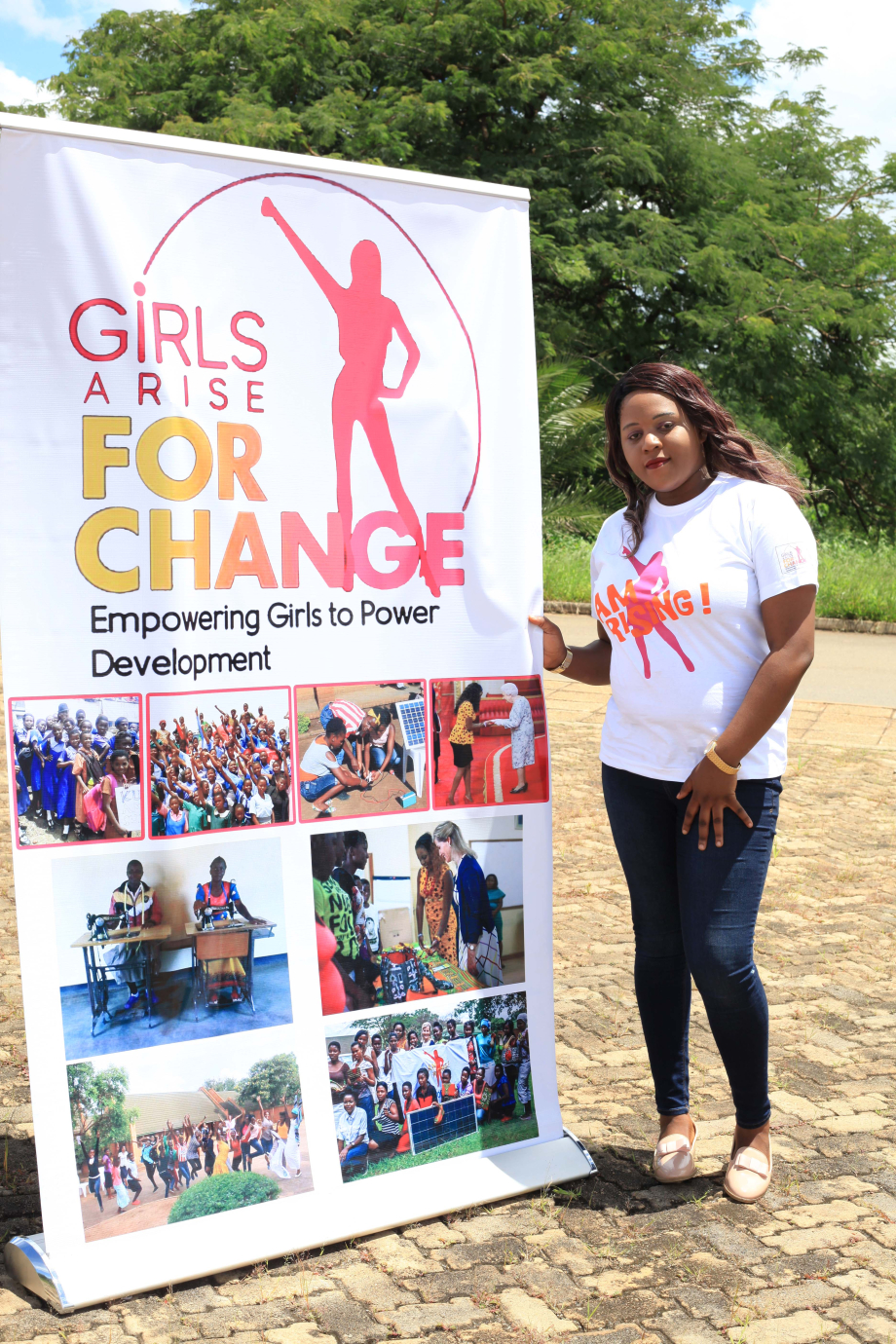
As the founder of Girls Arise for Change, she has worked with community members in three districts of Malawi to form educational support structures for girls, who have escaped early marriages, sexual exploitation and child labour.
The Queen’s Young Leaders Award has motivated fellow young women and girls in my country to become their own voices against societal practices that limits their potential as women.
Virginia has also worked with health organisations to establish mobile clinics providing reproductive health services such as contraception to young people in remote areas. In the future, she intends to set up a project called I RISE, to encourage victims of sexual abuse to come forward and report their cases.
Aditi from South Africa
Aditi Lachman is a civil engineer and managing director of WomEng (Women in Engineering), a social enterprise working to close the skills and gender gap in engineering by ensuring girls and women have the necessary skills, support and access to networks.
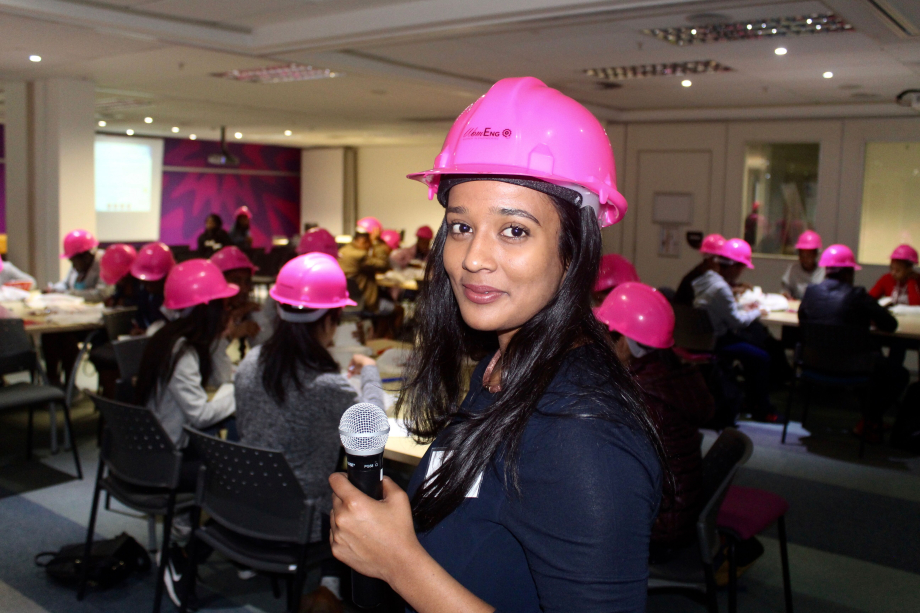
Having started off as a mentor for the organisation, she now leads its operations in South Africa and Kenya.
Engineers solve some of the world's biggest problems that affects all of our daily lives. Our mission at WomEng is to create a more diverse and inclusive engineering workforce.
WomEng has reached more than 10,000 girls and women via its GirlEng and Fellowship programmes, which support high school girls and university engineering students. In 2016, in celebration of the organisation’s 10th anniversary, Aditi and her team launched the 1MillionGirlsinSTEM campaign. They aim to reach a million girls through STEM (Science, Technology, Engineering and Mathematics) education and awareness initiatives in at least ten different countries over the next ten years.
Trisha from India
Trisha Shetty works to promote gender equality. She is the founder of SheSays, a youth-led organisation that aims to end sexual violence and improve education, healthcare and sanitation, and inform public policy.
When you show up to do good, the impact it has resonates well beyond your country and has the potential to reach the highest of offices globally.
As part of their work, Trisha and her team of 20 provide resources for women, including access to legal, medical and psychological support, to enable them to take direct action against sexual abuse.
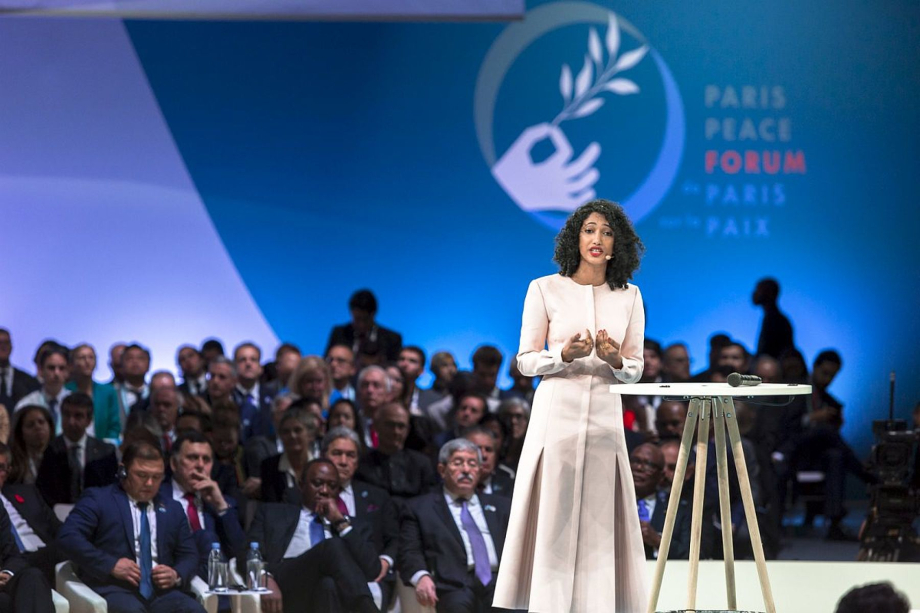
To help combat child sexual abuse, Trisha also initiated the Agents of Change youth programme, which trains young people on crisis intervention, teaches them about gender based violence and equips them with skills to support their peers.
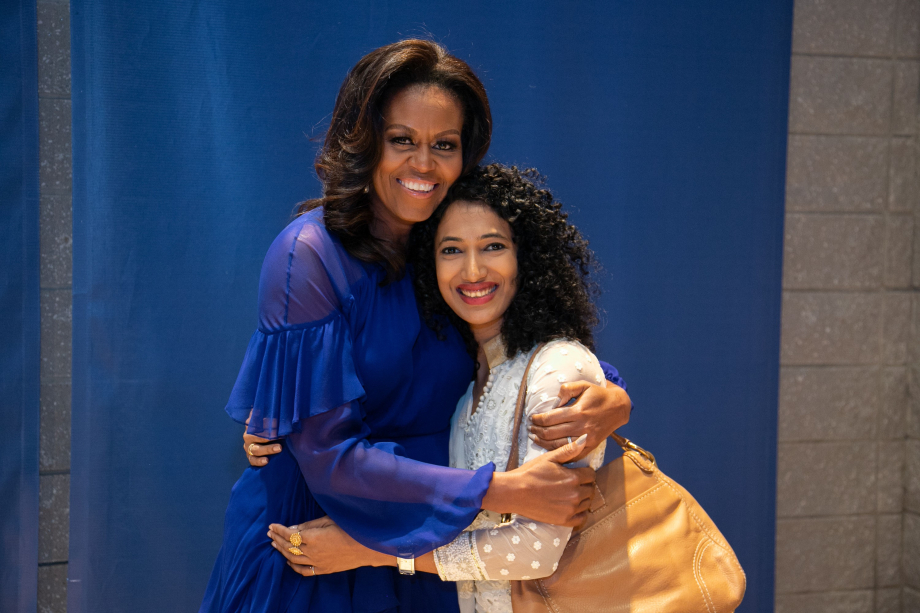
She works with schools, colleges and workplaces to encourage them to listen to the views of young people about their policies. Since its inception in 2015, SheSays has worked with more than 150,000 people. In 2018, Trisha became an Obama Foundation Scholar and is currently completing a master’s degree at Columbia University.
Zaiba from Bangladesh
Zaiba Tahyya works to promote equality in society and reduce violence against women in Bangladesh. With a degree in criminology, her experience as a researcher in the police force gave her unique insights into the problems of mobility and vulnerability among women in low-income areas of the country.
Being a Queen’s Young Leader has given me a bigger voice and a platform to influence more young women to participate in my women empowerment movement.
Since being selected as a Global Shaper 2017-2018 by the World Economic Forum, Zaiba has been able to deliver a number of projects in Dhaka including one on anti-harassment, which uses paintings on the sides of buses to raise awareness of the issue.
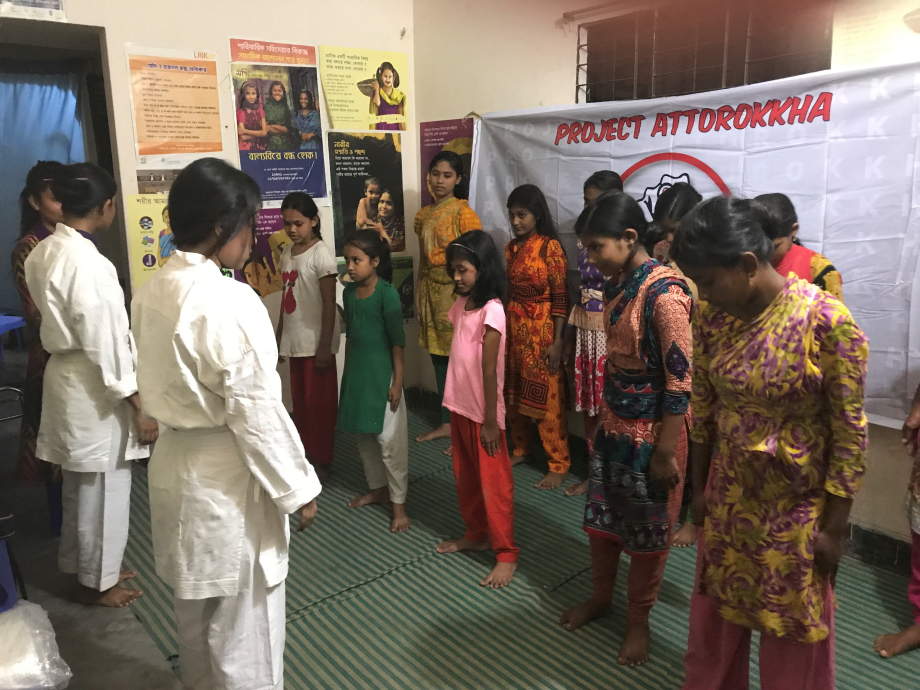
She has also collaborated with a local legal firm to create a self-defence project for women and partnered with a youth-based organisation to teach women how to ride bicycles, to increase their independence. Every five weeks, 40 girls receive self-defence and cycling training.
Martina from Malta
Martina Caruana is the co-founder of the Network of Young Women Leaders in Malta, which supports women to assume leadership roles. The network raises awareness of the challenges and barriers that young women and aspiring female leaders often face and runs initiatives designed to enable women from marginalised backgrounds to thrive.
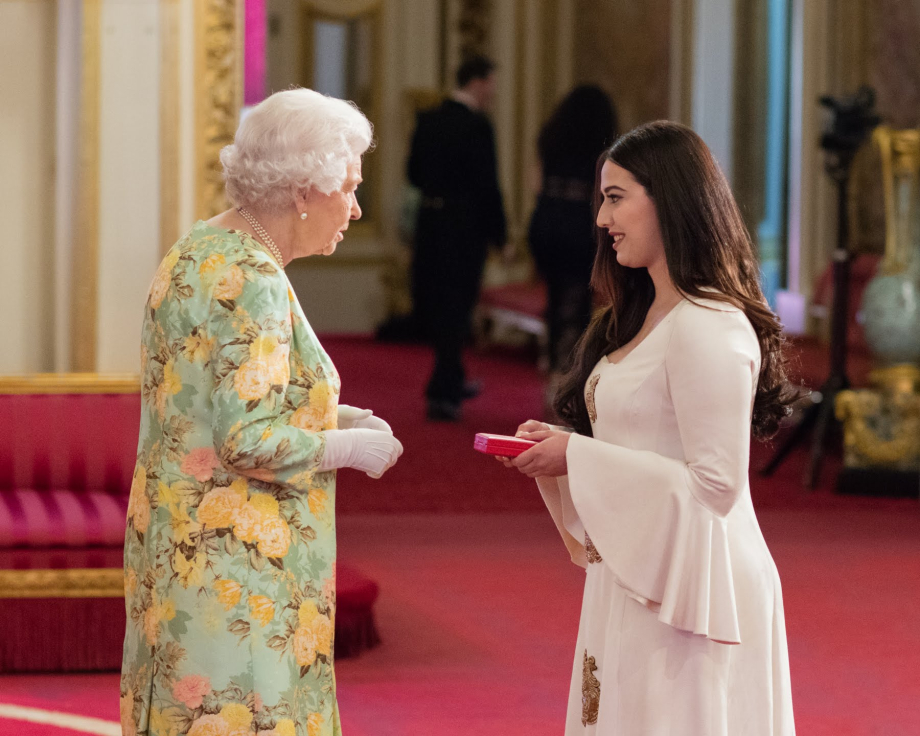
As part of her role, Martina led the campaign ‘Artemisia: 100 Remarkable Women’, which told the stories of 100 successful women from all walks of life, all of whom were portrayed in an accompanying exhibition. Martina is currently training to become a lawyer, and in the future wants to support women in Yemen and provide them with opportunities for education and legal aid.

